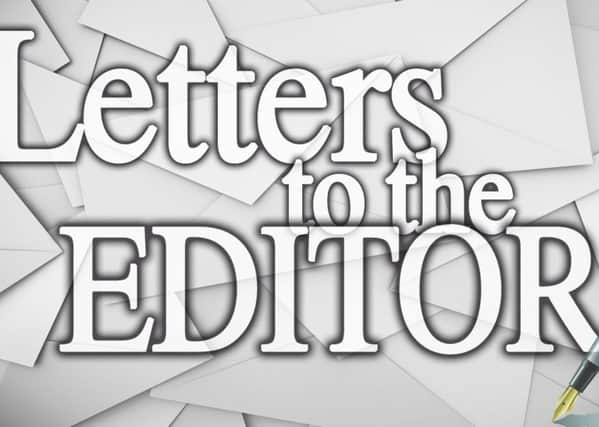Remember past handling of the RoI border question


On this point, Irish Prime Minister Leo Varadkar is in need of some perspective and he could do worse than take a lesson from his own country’s history.
Seventy years ago, the Republic of Ireland Act was passed, clarifying Eire’s constitutional position and effectively formalising its’ departure from the group of nations known as the Commonwealth.
Advertisement
Hide AdAdvertisement
Hide AdAt the time there were concerns as to how the UK would respond.
It was thought if London reacted negatively it could have a major impact on the Irish economy and the position of Irish people living and working in the UK.
Other Commonwealth states took the view there was no reason relations should be diminished with the Commonwealth and the new republic. London agreed and determined it would treat the Irish Republic as a near neighbour with which it shared many common interests.
Through the Ireland Act 1949, the UK made the Republic of Ireland’s decision to leave the Commonwealth as straight-forward as possible.
Advertisement
Hide AdAdvertisement
Hide AdPassports wouldn’t be needed to move between the two countries.
British workers in the Republic or Irish workers in the UK wouldn’t require work permits.
In terms of trade, the Irish Republic would continue to enjoy preferential treatment compared to non-Commonwealth countries.
Despite it’s secession from the Commonwealth, the Republic avoided installing a hard border on its territory even throughout the decades of Troubles when the IRA used it to huge advantage in the course of its murder and bombing campaign.
Advertisement
Hide AdAdvertisement
Hide AdPerhaps Messrs Varadkar and Barnier will take heed of the parallels between 2018 and 1948.
Brexit can work for the good of both the UK and the rest of the EU, but not whilst one party seeks to obstruct or subvert the democratic will of the other.
Trevor Clarke, DUP councillor, Coleraine